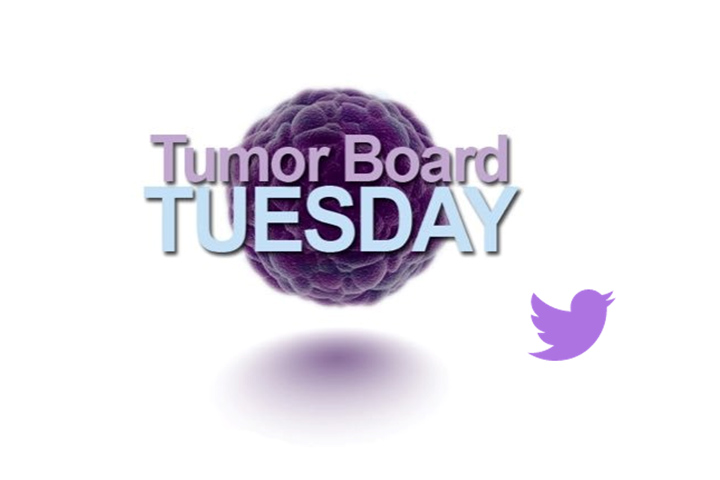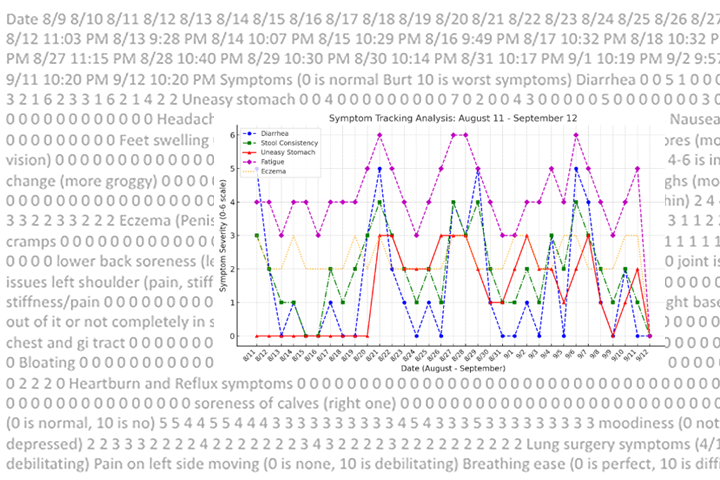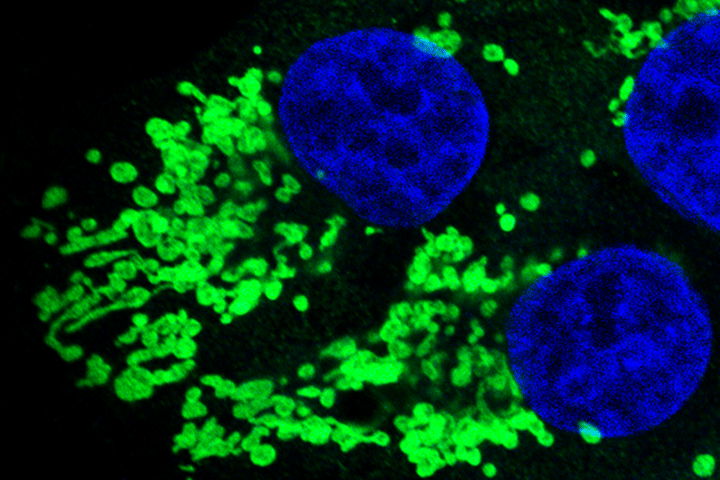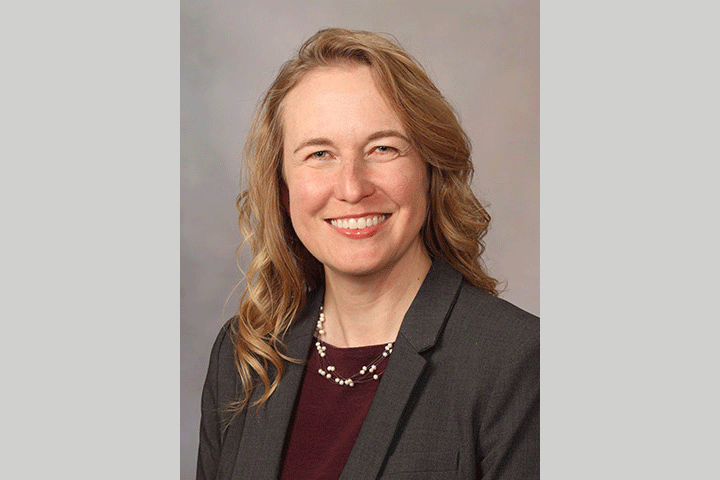Tweeting About Tumors and How Best to Provide Care

If it’s Tuesday, it must be time for the aptly named #TumorBoardTuesday.
The Twitter discussion is a new continuing medical education (CME) program spearheaded by gastrointestinal oncologist Dr. Michael Pishvaian of Johns Hopkins Medical. The focus is on the range of gastrointestinal malignancies, including, of course, pancreatic cancer, which was the subject of the program’s inaugural debut.
All programs will have a “molecular angle,” says Pishvaian, Associate Professor, Department of Oncology, and Director of Gastrointestinal, Developmental Therapeutics, and Clinical Research Programs at the Johns Hopkins Kimmel Cancer Center at Sibley Memorial Hospital, Johns Hopkins Medicine, Washington, D.C. So-called “molecular profiling” of malignancies is changing the way many cancers, including some pancreatic cancers, are treated, moving from a one-size-fits-all approach to more individualized treatment. For example, the National Comprehensive Cancer Network now recommends all pancreatic cancer patients have their tumors molecularly profiled.
Although Pishvaian is the founder of #TumorBoardTuesday, he’s quick to give credit where credit is due. “Tumor Board Tuesday was inspired by Monday Night IBD, which in full disclosure is the brainchild of my wife (Dr. Aline Charabaty Pishvaian), who is a gastroenterologist with a special interest in inflammatory bowel diseases,” says Pishvaian. Her efforts clearly showed that “medical professionals and even patients from across the world can be engaged in a robust, meaningful discussion about the nuances of specific cases,” using Twitter, he says, adding that these discussions may also influence a physician’s practice patterns, particularly when there is no definitive data regarding an individual case.
From the success of the IBD program, Pishvaian realized that the translational oncology community, those physician–scientists whose efforts focus on bringing insights from discovery science to clinical care, could benefit from a similar forum. “Our aim is to engage oncologists and others in a discussion on GI (gastrointestinal) cancer cases with a molecular abnormality where there is no true data to guide practice, and where the insights and opinions of colleagues is often the best we have to go on,” he says. “By having a forum to share these discussions and opinions openly on social media, we are also giving access to anyone—not just the academic specialists—to these opinions.”
Pros and Cons
This Twitter-based approach has some definite advantages, including the ability to reach a broad range of physicians from numerous specialties, scientists, and other medical professionals such as nurse practitioners, as well as patients and advocates. It certainly doesn’t hurt that they can learn about new research and potential approaches from the comfort of their couches, Pishvaian notes. “We hope these discussions will be truly educational, which is why I made it a point to include the ‘mini-tweetorial’ to allow the discussant to share at least a few proven facts about the molecular abnormality—even if the clinical data on how to treat patients with such an abnormality has not yet been ‘Level 1’ established,” he says, adding that everyone is encouraged to bring as much available data to the discussion as is currently available.
Of course, there are a few downsides, including the fact that many experts may not use Twitter as a form of communication. And as anyone who uses Twitter can attest, conversations move rapidly, making it nearly impossible to cover all aspects of a particular case and its specific nuances in a one-hour timeframe. In an effort to encapsulate and summarize the discussion, #TumorBoardTuesday also includes a Thursday Wrap Up where Pishvaian highlights the key points that were discussed, linking that to a “Twitter Moment” of the discussion. Because Twitter is a completely open forum, maintaining patient anonymity is absolutely mandatory, and discussants are advised to make a case scenario very generic so there is zero chance of a patient being recognized.
The Next Generation
During its inaugural debut the conversation focused on a 51-year-old female with locally advanced pancreatic cancer. About one-third of the respondents were fellows, residents, and trainees, essentially the next generation of medical caregivers. Pishvaian was thrilled, since grabbing the attention of this group was a “high priority,” he says. In upcoming forums the plan is to have more senior faculty members partner with fellows (doctors training to become a specialist physician) leading the discussion. “We hope that these discussions will motivate and stimulate trainees to dive deeper into the subjects being discussed,” he says.
Pishvaian is also thrilled with the breadth of discussion the first forum generated, and although upcoming forums are focusing on gastrointestinal cancer there is some thought to opening it up to other malignancies. “I was surprised at how many non-GI oncologists were excited and engaged,” he says. He also admits that he had “opening night” jitters. “I was nervous that people wouldn’t engage, but everyone seems very excited about this,” he adds. “By specifically targeting known experts in the subject area, we are making these expert opinions available to everyone.”
Everyone Means You
#TumorBoardTuesday is an open Twitter forum, which means it is available to everyone. That includes the Let’s Win community. The program starts at 8 p.m. on every other Tuesday and runs for one hour. Discussions will also be archived.






